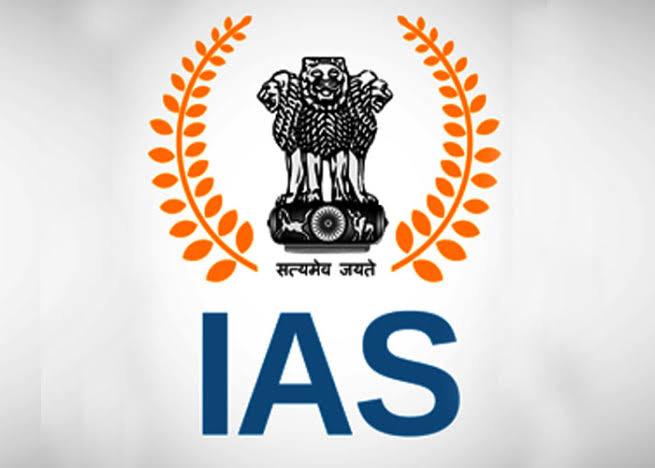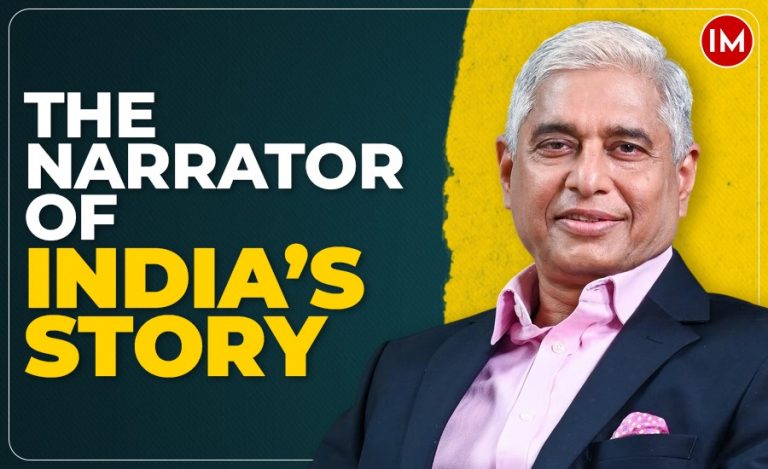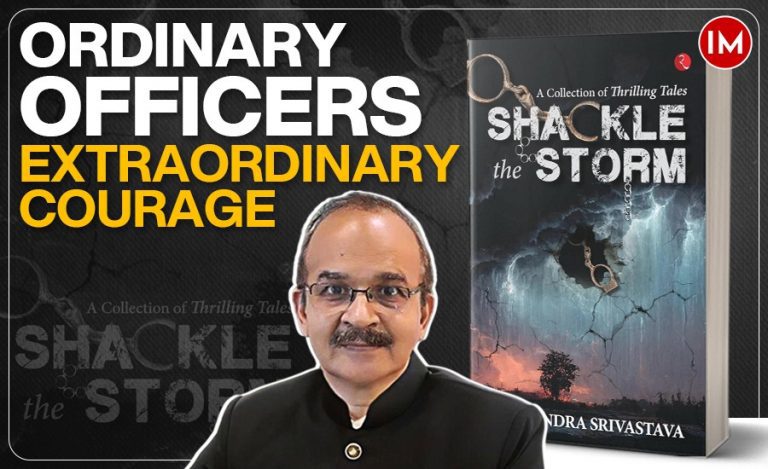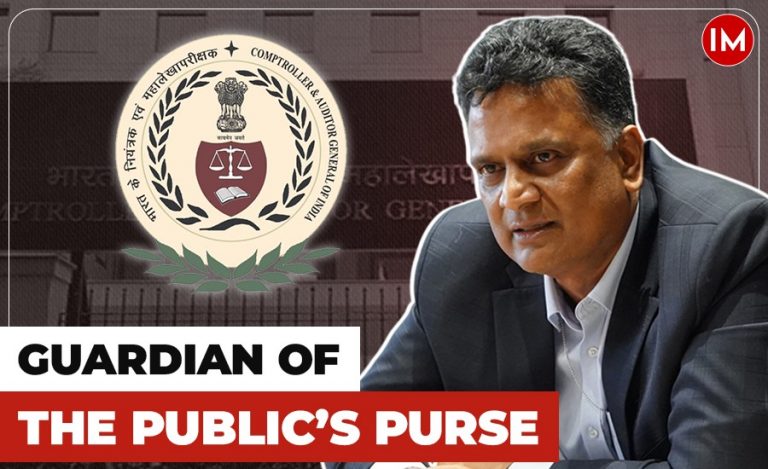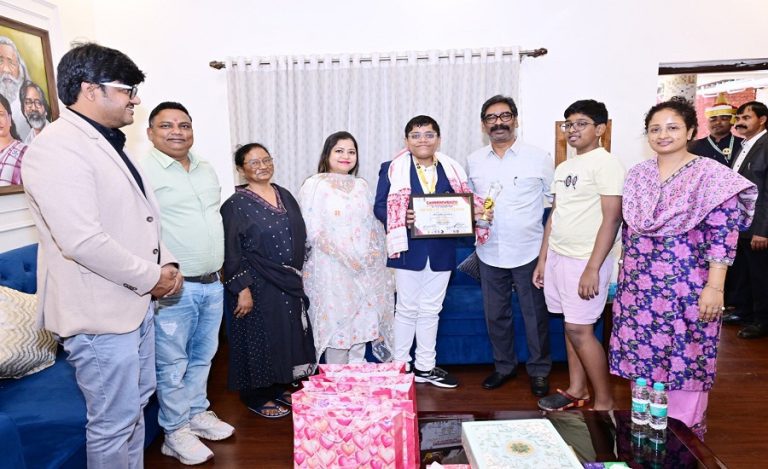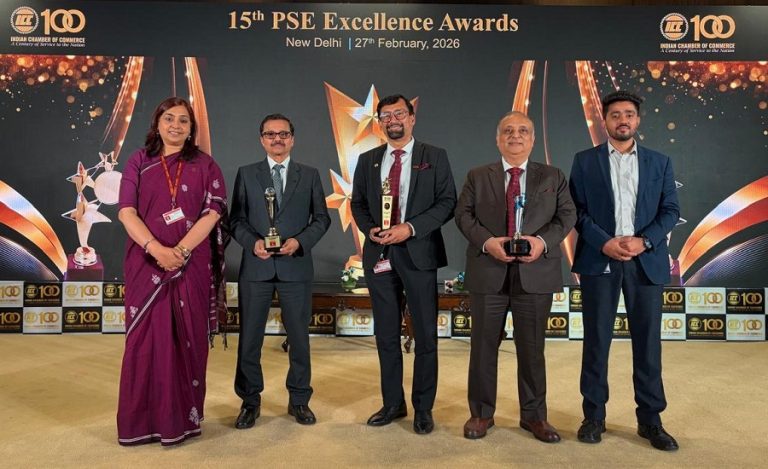In this fourth part of our serialisation of Mr. Anil Swarup’s book, No More a Civil Servant, with excerpts, we highlight the chapter on the country’s premier government service: the Indian Administrative Service (IAS).
Mr. Swarup empathically asks: What ails the IAS? The concerned retired IAS officer zeroes in on absence of ethos as the answer and goes on to explain why he thinks so.
We take a look at his analysis of the ills afflicting the IAS, their spread, and the treatment, he thinks, can help stem the tide.
OFFICERS BUSY COMPETING WITH EACH OTHER
“It took the sharp eye of Narendra Modi to get the Civil Servants to collaborate as never before,” says Mr. Swarup. He rues the fact that although many of them knew each other well as they had spent close times together during their training period in the academy, they rarely sat together, except during formal meetings, to assess the problems that beset various sectors and various aspects of governance. Rather than collaborating with each other for good governance, they are busy competing with each other.
Contrary to public perception, most IAS officers do not collaborate as professionals. They are often competing with each other, questioning almost everything that the other IAS officer brings to them. This is indeed strange, but that is how it is. This has led to enormous delays, and decision making has suffered. Moreover, an IAS officer rarely sticks his neck out to defend a junior colleague. Quite a few are protecting their backsides and looking at a post-retirement job in the government.
ABSENCE OF ETHOS
He writes that it is easy to understand the competition among aspirants trying for Civil Service, but not when they carry this ‘competitive spirit’ with them into the service. Although a specific part of the officers’ training does focus on group activities like trekking and village visits, most of it equips them as individuals, not as a group.
“There is no conscious effort to cultivate an esprit de corps, so evident amongst army officers.” The result: the personal connection and bonding formed at the academy very rarely gets extended to their professional sphere.
This ‘competitive spirit’ continues to plague the members of the service right through their career as each of them vies for posts that are considered to be better than the others. The politicians love this competition as they can get ‘convenient’ officers from available ones. There are many brilliant performers, yet the IAS does not have an ethos that gives the service a distinctive identity that is appreciated or recognised.
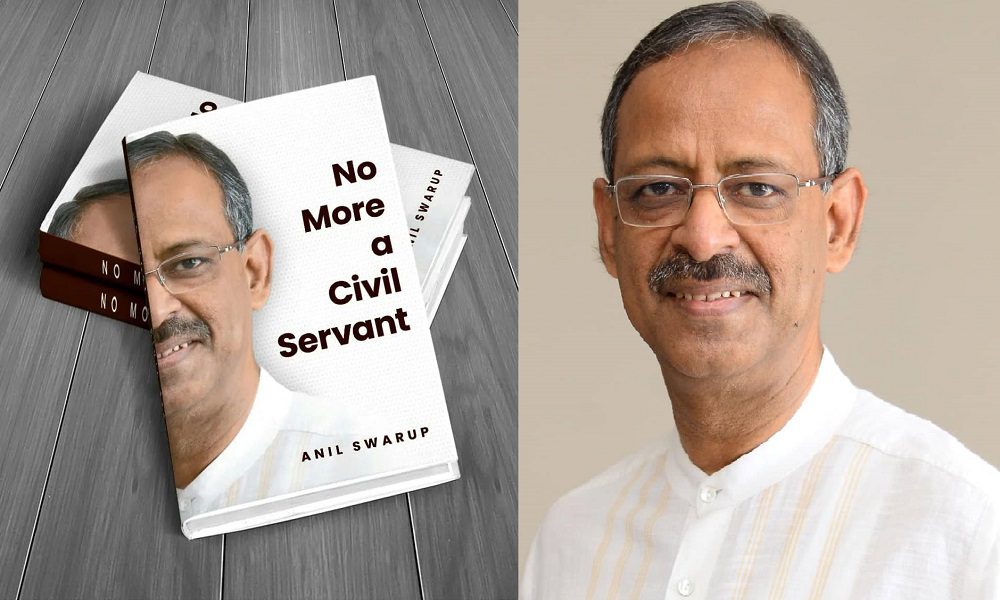
UNHEALTHY COMPETITION
The author explains how this unhealthy competition shows the IAS officers in a bad light and the common man starts viewing them as self-seeking, corrupt and inaccessible.
Over time, the officer discovers new forms of competition engineered by his senior colleagues to show their ‘performance’ based on competitive parameters. Many starts learning the art of data management rather than looking at the fundamental issues afflicting a particular sector.
CAN THIS CHAOS BE REPLACED BY ETHOS?
Yes! According to the author, the ‘chaos’ can indeed be replaced by an ‘ethos’ that enables collaboration and not competition. It must begin with how the recruitment of the IAS officers takes place, where the focus should not be only on brilliance. Expertise can be outsourced, but attitude cannot. A person may be bright and brilliant but might not have the right attitude for handling critical positions in his career.
After recruiting those with positive and collaborative attitudes, they need to be trained to appreciate the need to collaborate. This can also be done through case studies and interaction with such officers who are not merely brilliant but have delivered through collaboration. Mentoring of officers is critical. During the early part of their careers, officers should not feel isolated when exposed to the ground reality of a ‘Big-Bad-World’. Each one of them needs to be nurtured to face failures and setbacks. A few senior officers perform this job, but it needs to be institutionalised.
NEED FOR AN OMBUDSMAN
Referring to how PM Modi’s initiative to bring Secretaries together in an informal set-up helped find solutions to vexed problems, Mr. Swarup says this needs to be extended to all levels of governance and platforms need to be created to enable the officers to interact informally. He also suggests putting in place an institution like the Ombudsman by the respective associations, as it will not require the government to intervene then.
An Ombudsman-like institution can be created at the centre and in the states. This would enable officers to take up their grievances, especially when false allegations are labelled against them. Members of such an institution can also interact with officers against adverse feedback. This is essential to keep the officers ‘on track’ by creating peer pressure on such errant officers.
A beginning can be made, and it should be made, the author says in conclusion.
(Excerpts used in this article are from the chapter, What Ails the IAS?, in the book, No More a Civil Servant, written by Anil Swarup, former Secretary to the Govt of India. The book is available for buying now on Amazon and Flipkart.)

